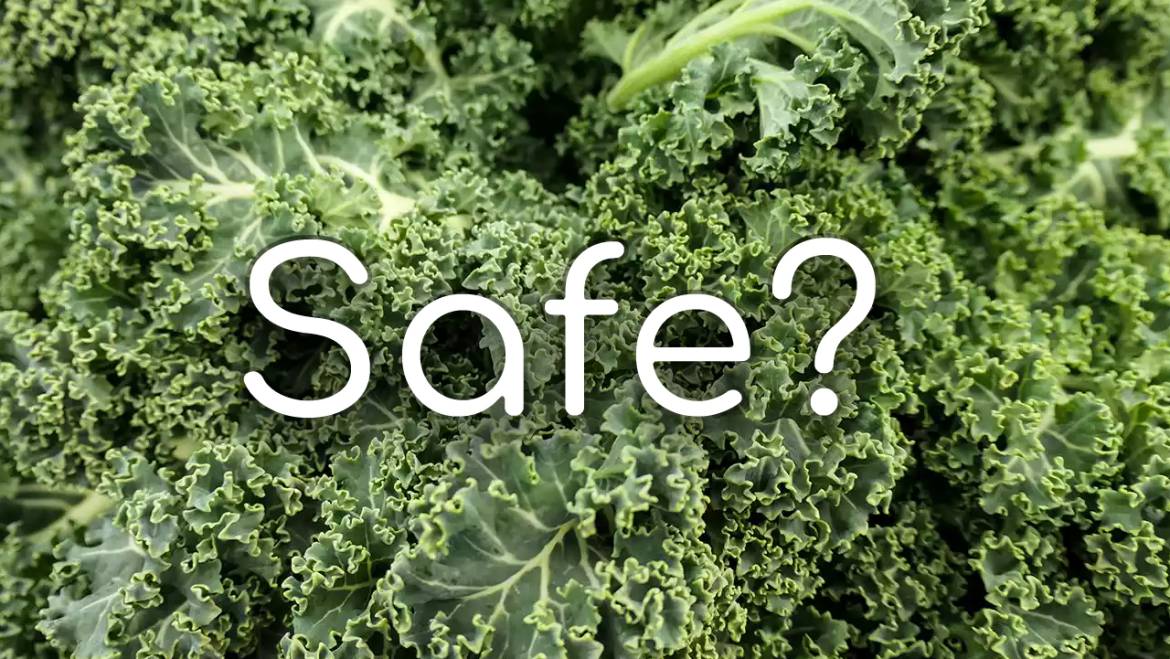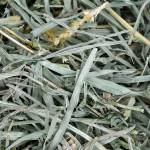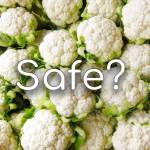Chinchillas are adorable and playful pets that require a proper diet to maintain their health and happiness. As herbivores, chinchillas require a diet that is high in fiber, protein, and essential nutrients. While hay and pellets are the main components of a chinchilla’s diet, it’s natural for owners to want to offer their pets fresh foods to add variety and nutritional benefits. Kale is a popular vegetable that many pet owners may consider offering to their chinchillas, but is it safe and nutritious for these furry friends?
Nutritional Value of Kale
Kale is a leafy green vegetable that is rich in vitamins and minerals, including vitamin C, vitamin K, and calcium. It’s also a good source of fiber, which is important for maintaining healthy digestion in chinchillas. However, kale is also high in oxalates, which can bind to calcium and prevent it from being absorbed in the body. This can lead to the formation of bladder and kidney stones in chinchillas, which can be a serious health issue.
Risks of Feeding Kale to Your Chinchilla
While kale may seem like a healthy addition to a chinchilla’s diet, it can actually pose some risks to their health. As mentioned, the high levels of oxalates in kale can lead to the formation of kidney and bladder stones in chinchillas. Additionally, kale is high in vitamin A, which can be toxic in high doses. Feeding too much kale can also upset the delicate balance of a chinchilla’s digestive system, leading to diarrhea or other digestive issues.
Benefits of Feeding Kale to Your Chinchilla
Despite the potential risks, kale can offer some nutritional benefits to chinchillas when fed in moderation. The high fiber content in kale can help keep a chinchilla’s digestive system healthy, and the vitamin C content can boost their immune system. Additionally, the calcium in kale can help support strong bones and teeth, which is important for chinchillas.
How to Incorporate Kale into a Chinchilla’s Diet
If you decide to feed kale to your chinchilla, it’s important to do so in moderation and with caution. Only offer kale as a treat once or twice a week, and make sure to wash it thoroughly before feeding it to your pet. Remove any tough stems or fibrous parts, and chop the leaves into small, bite-sized pieces. Always monitor your chinchilla’s reaction to kale, and if they show any signs of digestive upset, discontinue feeding it immediately.
Alternatives to Kale
If you’re concerned about the potential risks of feeding kale to your chinchilla, there are plenty of other fresh foods you can offer instead. Leafy greens like parsley, cilantro, and romaine lettuce are all safe for chinchillas to eat in moderation. Carrots, bell peppers, and apples are also healthy treats that can be given to chinchillas in small amounts.
In conclusion, while kale can offer some nutritional benefits to chinchillas, it’s important to feed it in moderation and with caution. The high levels of oxalates in kale can lead to serious health issues, and the vitamin A content can be toxic in high doses. If you do decide to feed kale to your chinchilla, make sure to wash it thoroughly, remove any tough stems or fibrous parts, and offer it as a treat once or twice a week. Always monitor your chinchilla’s reaction to kale and other fresh foods, and consult with a veterinarian if you have any concerns.
Remember, hay and pellets should make up the majority of a chinchilla’s diet, and fresh foods should only be offered in small amounts as occasional treats. Providing a balanced and varied diet, along with plenty of fresh water and opportunities for exercise and play, will help keep your chinchilla healthy and happy for years to come.







